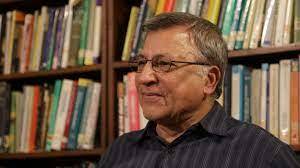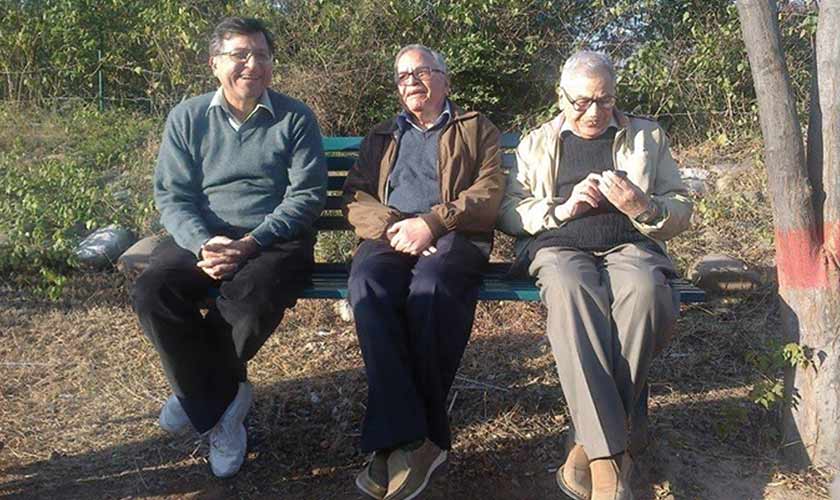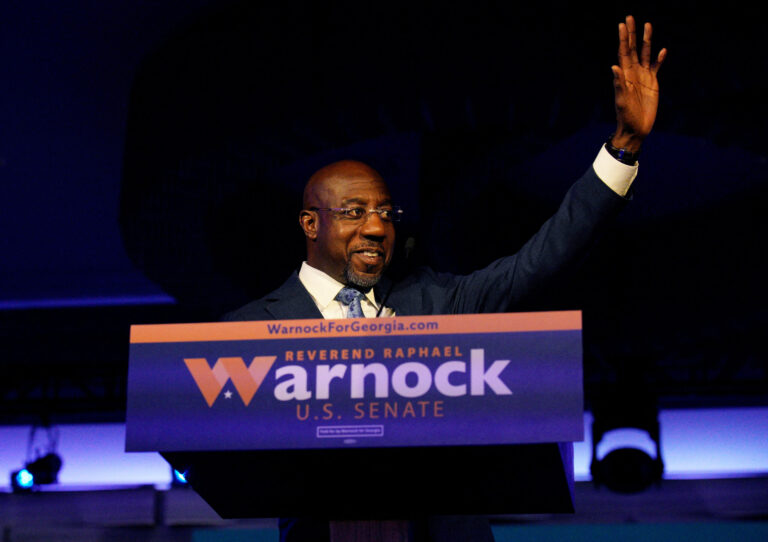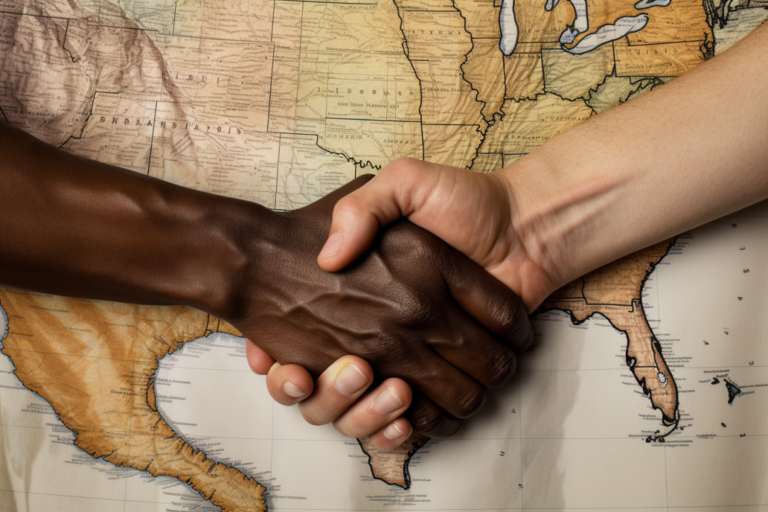We Mistreated Bengali’S: Pervez Hoodbhoy’S Perspective
Pervez Hoodbhoy believes that Pakistan mistreated and exploited Bengalis, leading to their massacre. Pervez Hoodbhoy, a Pakistani nuclear physicist, and defense analyst, has publicly stated his belief that over the years, Pakistan has mistreated, exploited, and ultimately massacred the Bengali people.
His perspectives shed light on a dark part of history that has long been overlooked. These insights prompt a necessary reevaluation of past actions and the impact they have had on relations between Pakistan and Bangladesh. Let us delve deeper into Pervez Hoodbhoy’s perspective and the implications of his views on the historical narrative between the two nations.

Credit: thefridaytimes.com
Understanding The Perspective
Pervez Hoodbhoy, a prominent Pakistani scientist, acknowledges that his country mistreated, exploited, and massacred the Bengali people. He emphasizes the need for understanding and reflecting upon this perspective to address historical injustices.
Pervez Hoodbhoy’s Background
Pervez Hoodbhoy, a prominent Pakistani nuclear physicist and defense analyst, brings a unique perspective to the mistreatment of Bengalis. With extensive knowledge in the fields of science and defense, Hoodbhoy’s insights provide valuable context to the historical events that unfolded between Pakistan and Bangladesh.
Context Of The Mistreatment
Hoodbhoy sheds light on the unfortunate reality of mistreatment, exploitation, and even massacres that occurred between the Bengali and Pakistani people. As a Pakistani himself, Hoodbhoy acknowledges that his own country was responsible for these actions, admitting, “We mistreated the Bengalis. We thought of them as lesser people, we exploited them, and then we massacred them.”
Credit: www.quora.com
Mistreatment Of Bengalis
Prominent Pakistani scientist Pervez Hoodbhoy shares his perspective on the mistreatment of Bengalis, stating that his country mistreated, exploited, and then massacred the Bangladeshi people. He acknowledges the wrongdoing and highlights the need to address and learn from past actions.
Perceptions Of Bengalis
Pervez Hoodbhoy, a prominent Pakistani nuclear scientist, and defense analyst, believes that the Bengali population has been consistently mistreated by his country. Hoodbhoy acknowledges that the prevailing perception of Bengalis in Pakistan was that they were considered lesser people. This dehumanizing perspective led to the exploitation and discrimination of the Bengali community.
Exploitation And Discrimination
The mistreatment of Bengalis was driven by a deep-seated belief that they were inferior. As a result, they were subjected to severe exploitation and discrimination. This mistreatment was pervasive across various aspects of society, including education, employment, and political representation. Bengalis were often denied equal opportunities and treated as second-class citizens, further exacerbating their marginalization.
Massacres And Atrocities
The mistreatment of Bengalis reached its peak during the Bangladesh Liberation War in 1971. The Pakistani army launched a ruthless military campaign against the Bengali population, resulting in massacres and numerous human rights atrocities. Countless innocent Bengalis were subjected to violence, torture, and displacement, leaving a long-lasting scar on the collective memory of the Bengali people. The extent of these atrocities showcases the magnitude of the mistreatment they endured.
Historical And Political Factors
In examining the historical and political factors which led to the mistreatment of Bengalis, a pivotal perspective is presented by Pervez Hoodbhoy. The events surrounding the Bangladesh Liberation War and the ensuing international response and involvement shed light on the complexities that contributed to the mistreatment. Understanding Pakistan’s role in the Bangladesh Liberation War and the international response and involvement provides crucial insights into the context of Hoodbhoy’s perspective.
Pakistan’s Role In The Bangladesh Liberation War
Pakistan’s intrusion in the Bangladesh Liberation War played a significant role in the mistreatment of Bengalis. The discriminatory policies and military interventions impacted the social and political dynamics, exacerbating the tensions between the regions. The exploitative actions perpetrated during this time contributed to the deep-rooted grievances of the Bengali populace.
International Response And Involvement
The international community’s response and involvement during the Bangladesh Liberation War are integral to comprehending the broader implications of the mistreatment. The diplomatic, humanitarian, and military engagements shaped the course of the conflict and its aftermath. The varying stances adopted by different nations and organizations influenced the outcomes and perceptions of the events, adding layers of complexity to the narrative.

Credit: www.thenews.com.pk
Consequences And Reflections
Pervez Hoodbhoy’s perspective sheds light on the consequences and reflections of mistreating Bengalis. The impact on Pakistan-Bangladesh relations and the lessons learned are essential to understanding the gravity of the situation.
Impact On Pakistan-bangladesh Relations
The mistreatment of Bengalis by Pakistan had a profound impact on the relations between the two nations. The atrocities committed during the Bangladesh Liberation War still resonate in the collective memory of Bengalis. The wounds of the past continue to hinder meaningful reconciliation and cooperation, creating a rift that requires delicate efforts to heal.
Lessons Learned And Changing Perspectives
The mistreatment of Bengalis serves as a sobering lesson for nations globally. It prompts introspection and analysis of the consequences of oppression and exploitation. It calls for a shift in perspectives, emphasizing the importance of respecting human rights and fostering empathy and understanding among diverse communities.
Conclusion
In light of Pervez Hoodbhoy’s perspective, it is crucial to acknowledge the mistreatment, exploitation, and massacres that Bengalis have endured. These historical acts must serve as reminders that humanity should strive for justice, equality, and respect for all individuals, regardless of nationality or ethnicity.
By learning from past mistakes, embracing diversity, and fostering mutual understanding, we can work towards a more inclusive and harmonious world. Let us not repeat the atrocities committed in the past and instead, strive for a future built on compassion and empathy.




